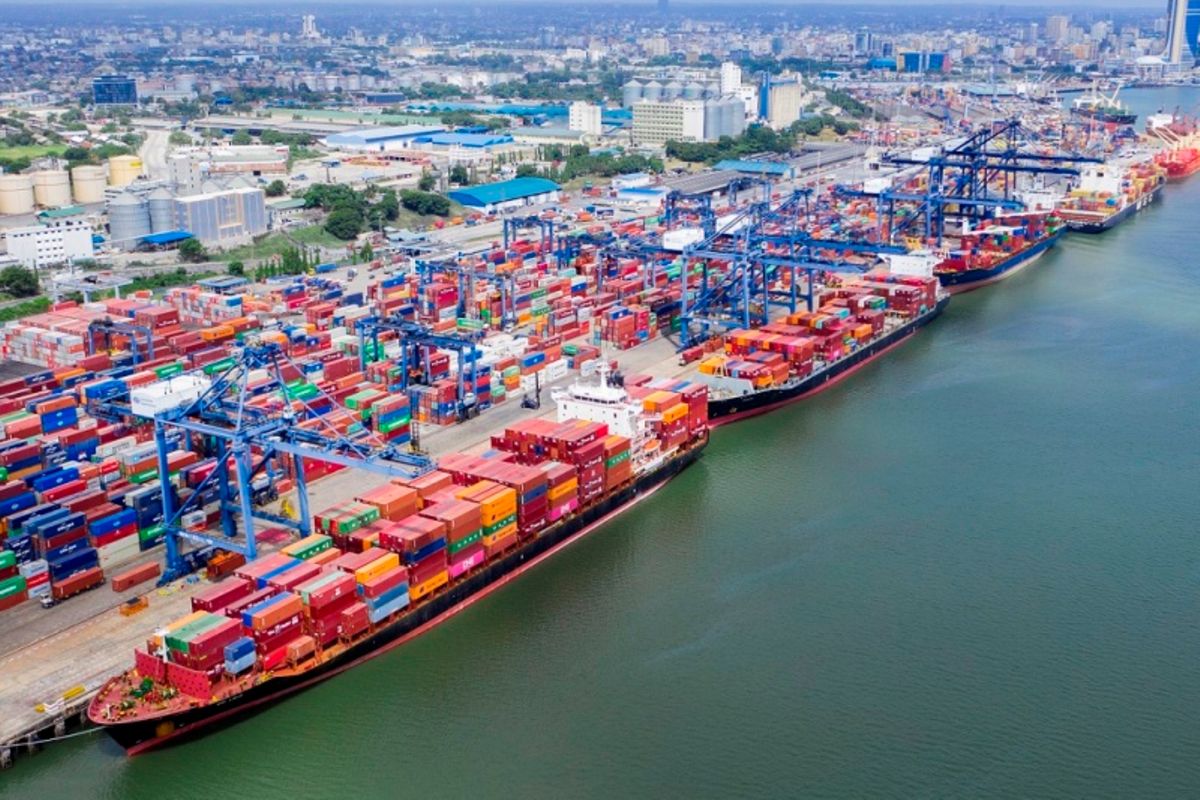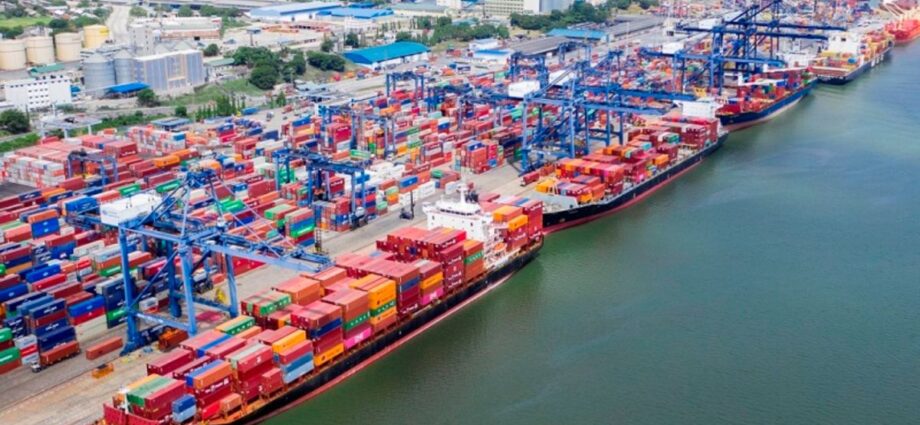
Arusha. The value of goods Tanzania exports to other African countries has reached $2.65 billion, nearly double the value of imports the country receives from the continent.
According to the Arusha-based East African Business Council (EABC), data from the International Trade Centre indicates that Tanzania imported goods worth $1.5 billion from other African countries in 2023, reflecting a favourable trade balance for the nation.
In light of this, EABC’s membership and business development manager, Mr Zephania Shaidi, urged Tanzanian businesses to explore opportunities beyond local markets.
He encouraged enterprises to take advantage of the African Continental Free Trade Area (AfCFTA) to access wider markets.
Mr Shaidi made the remarks during the conclusion of a special training programme aimed at enhancing the capacity of small and medium-sized enterprises (SMEs) to navigate the AfCFTA framework.
The event brought together more than 50 representatives from industries including manufacturing, agro-processing, creative industries, transport, and government sectors.
“The continent’s participation in global value chains is low and primarily driven by commodities. To advance up the value chain, Africa needs value addition, industrialization, improved infrastructure, and the actualization of an integrated market under the AfCFTA agenda,” he said.
The Executive director of the Tanzania Private Sector Foundation (TPSF), Mr Raphael Maganga, noted that the AfCFTA links 1.3 billion people across Africa with a combined GDP of approximately $3.4 trillion, providing a significant opportunity for trade and economic growth.
“While this presents an opportunity for corporate and SME traders to export products across the continent, it is important to empower businesses with the tools and knowledge needed to access the market and compete with their counterparts,” he said.
The chairperson of the Tanzania Shippers Council (TSC), Mr Clement Kamendu, emphasised the importance of collaboration among African nations to reduce transport and logistics costs.
He highlighted that such barriers limit intra-African trade, which currently accounts for only 16 percent of the continent’s total trade volume, compared to 57 percent in Asia and 68 percent in Europe.
Economic experts argue that Africa’s participation in global value chains is minimal and largely commodity-driven.
To advance, the continent needs to focus on value addition, industrialisation, improved infrastructure, and full implementation of the AfCFTA agenda to create an integrated market.
The EABC, in partnership with the European Union Technical Assistance Facility (EU-TAF), has trained more than 50 Tanzanian SMEs on the AfCFTA framework.
The training covered key initiatives such as the Guided Trade Initiative (GTI), the AfCFTA Adjustment Fund, and value chain integration.
The programme aims to equip SMEs with the tools needed to access a market of 1.3 billion consumers, strengthening their competitiveness in the regional market.
The EABC is committed to building the capacity of East African businesses to trade effectively under the AfCFTA and plans to conduct similar workshops across the region.
A statement from the EABC stressed the importance of empowering businesses with the knowledge and tools needed to compete effectively in the AfCFTA market.
The initiative prioritises value chains in agriculture, pharmaceuticals, automotive, transport and logistics, and textiles and apparel, aiming to drive industrial growth, create jobs, and boost Africa’s global competitiveness.
The AfCFTA Adjustment Fund, established by the African Export-Import Bank (Afreximbank) and the AfCFTA Secretariat, will provide financial support, technical assistance, grants, and compensation to countries and private entities during their transition to the new trading regime. The fund’s operations are based in Rwanda.
Participants in the SME programme also engaged in value chain analysis, aiming to identify gaps and opportunities for improving products, services, and operational efficiency.
The goal is to enhance financial performance, product quality, and sustainability, ensuring a competitive edge within the AfCFTA framework.














